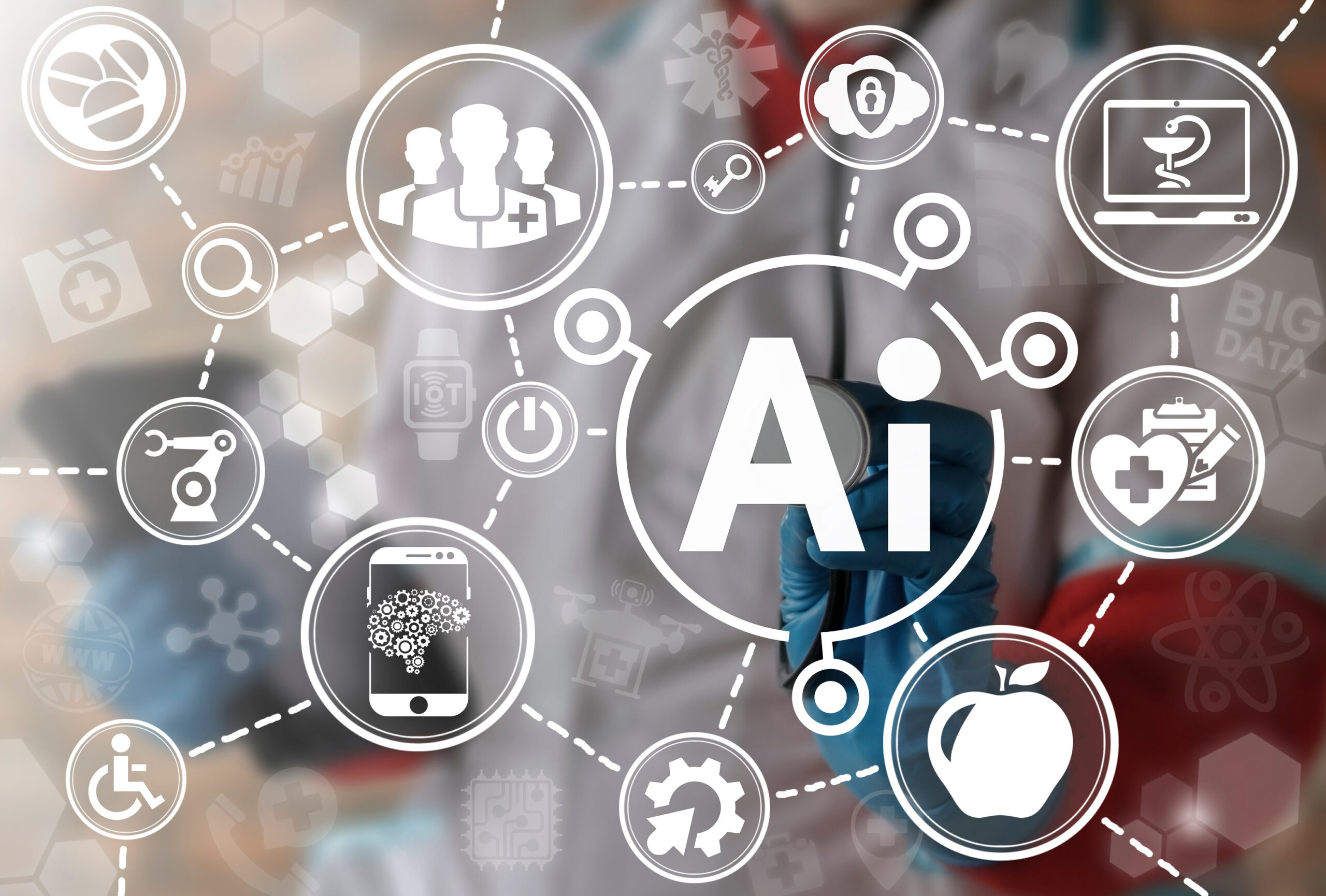Healthcare data has grown to such incredible proportions that analysts no longer can unlock the full potential unaided. Ultra-dense data stockpiles now require big data brawn, but even those programs are limited by the time and skill of a given user. That’s why using artificial intelligence in healthcare is such a game changer; data can be analyzed faster, smarter, and with greater accuracy than ever before.
Best of all, artificial intelligence (AI) promises to advance the analytical capabilities of every facet of the healthcare industry from inpatient care and preventive medicine to payment integrity initiatives.
Medical Diagnoses
Doctors and nurses are all too aware of the precariousness of accurate diagnosis. Patient medical history, genetic predispositions, prescriptions, treatment history, and other factors converge in complicated ways that are difficult to anticipate. Overlooking one piece of that data quagmire in a diagnosis can spell disaster for any patient, so the precision of medical tools makes a life-saving difference.
Artificial intelligence in healthcare aims to close that diagnosis veracity gap. For example, AI pioneers like IBM are working to improve radiology diagnoses using the deep learning muscle of their Watson supercomputer. Traditionally, medical professionals were forced to make tough decisions based strictly upon their own ability to compare the visuals of thousands of medical images. Now, Watson is learning to recognize patterns in the imaging and text in electronic health records to make accurate diagnosis of breast and cardiac specialties easily repeatable.
As the system grows, harmful oversights and fatal misdiagnoses are minimized and patient treatment is more easily streamlined and customized. The application of artificial intelligence in healthcare goes far beyond radiology. Every type of medical specialty will be able to increase the accuracy of their diagnosis with the assistance of ever-evolving programs that close the gap in misdiagnosis.
Preventative Healthcare
In the past, what happened outside of a primary care physician’s office was hard to measure. Doctors knew when their patients made unhealthy choices, but the ability to nudge them toward healthier alternatives was tough without pestering them 24/7. Now, the amount of data available and the evolving idea of an open AI ecosystem are getting people excited to be active in their own preventative healthcare.
Think of this side of artificial intelligence in healthcare as a personalized trainer. These platforms will be able to measure an individual’s healthcare metrics gathered from medical records, fitness trackers, and self-reported information. Then, they can be measured against the expansive data for similar people in their demographics to provide recommendations about dietary regiments, proactive screenings, and other actions that can improve or maintain their state of health.
With an even greater emphasis on preventative healthcare in the industry, AI tools like the Amazon Echo or Google Home have the potential to even benefit healthcare providers and payers. For healthcare providers, this means more positive and consistent healthcare outcomes that are under a pay-for-performance model. For healthcare payers, artificial intelligence in healthcare strengthens their ability to be constantly improving HEDIS measures and other healthcare metrics significantly easier.
Payment Integrity
With $5 trillion or more wasted annually on inaccurate or redundant healthcare payments, there is a concerted effort across the industry to reduce waste. Traditional data mining requires substantial labor hours to put even the smallest dent into the claims investigation process. Introducing artificial intelligence in healthcare payers has the potential to save millions as it reinvents payment integrity.
Feeding AI programs medical records, reports on wasted payments, and even coordination of benefits findings helps to escalate their ability to isolate instances of redundant or inaccurate payments. Programs can then forward those cases onto claims investigators, minimizing the amount of time they spend on dead end searches.
Making Artificial Intelligence in Healthcare a Reality
All of these applications for AI in healthcare are already possible in degrees. Though some are still fledgling solutions, many others are increasingly the norm. Healthcare companies that want to remain ahead of the curve will evaluate the ways that artificial intelligence can benefit them directly and adopt the best tools possible.
Want to learn more about the ways artificial intelligence in healthcare and other cutting-edge strategies can impact your business? Contact us today to take your analytics to the next level!

